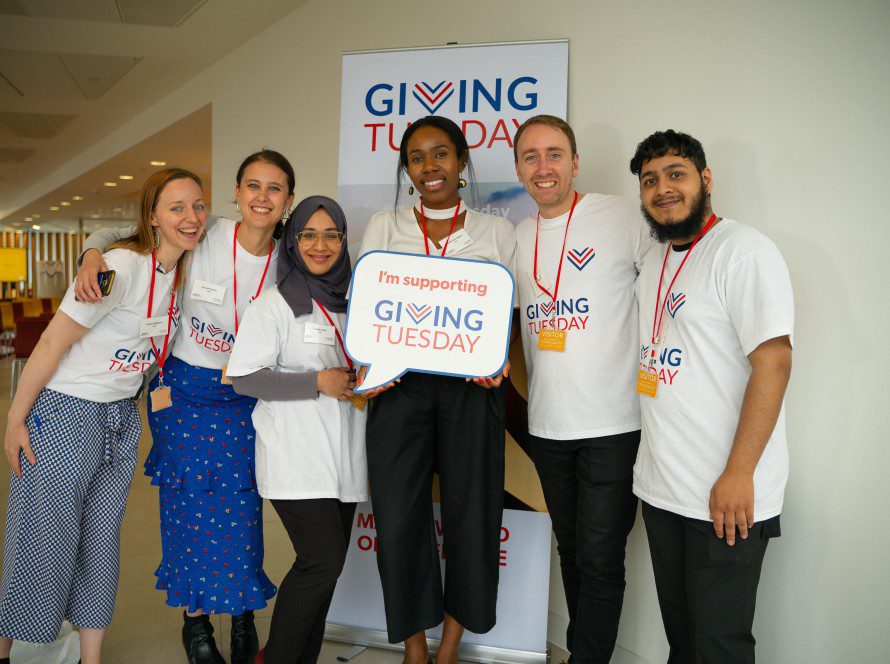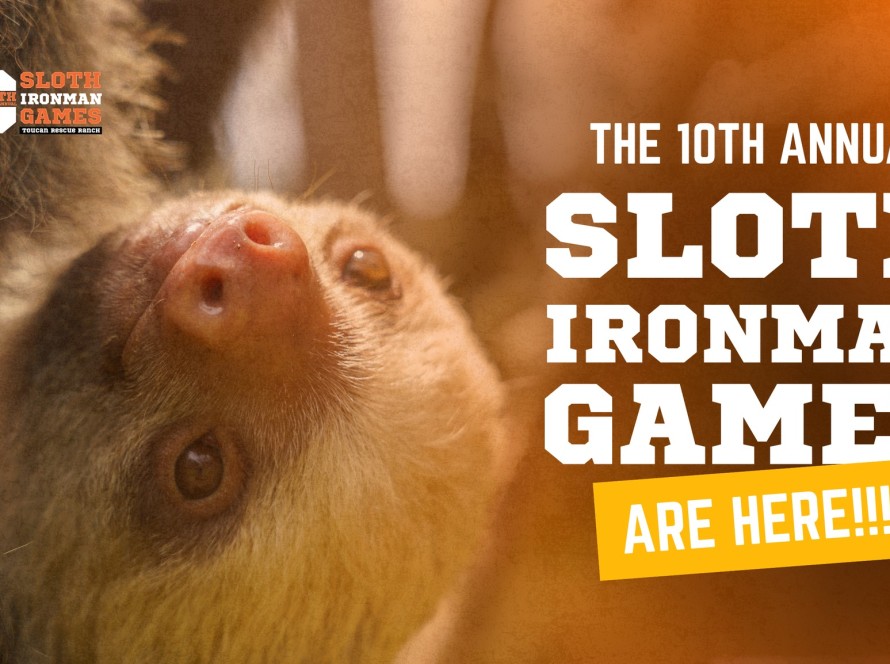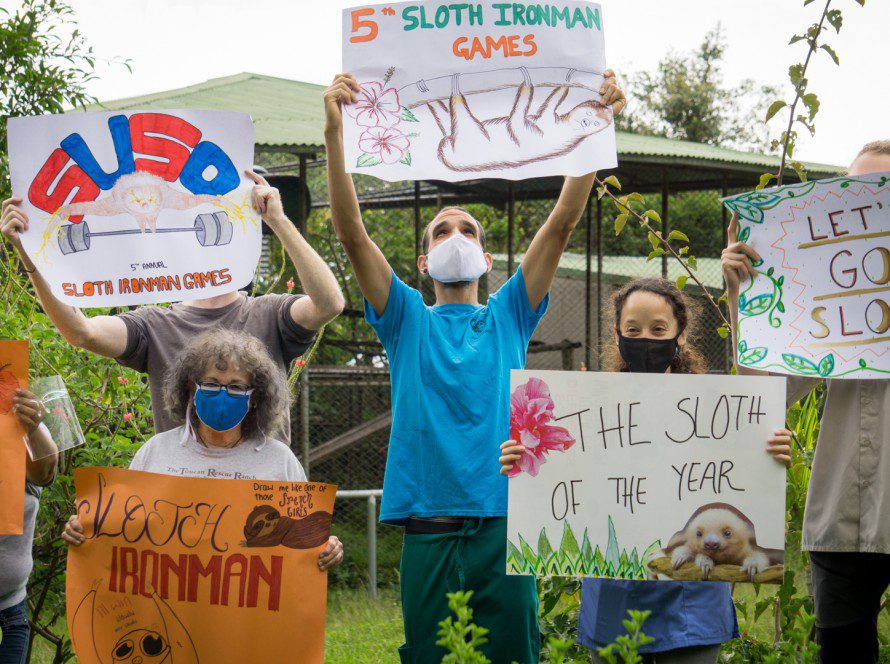Saving the Rainforest, One Animal at a Time
The Toucan Rescue Ranch’s (TRR) mission is to rescue, rehabilitate, and rewild Costa Rican wildlife.
At the Toucan Rescue Ranch (TRR), our mission is to rescue, rehabilitate, and rewild Costa Rican wildlife affected by deforestation, illegal pet trade, and human impact. Every animal that comes through our doors has a story — of struggle, resilience, and hope. From injured toucans and orphaned sloths to displaced owls and monkeys, we provide expert care, medical treatment, and a safe space for recovery.
But our work goes beyond rescue. We’re building a future where wildlife and people coexist in harmony — through environmental education, conservation research, and community engagement. Every life we save and every person we inspire helps protect Costa Rica’s incredible biodiversity and ensures that future generations can continue to experience a thriving, wild world.
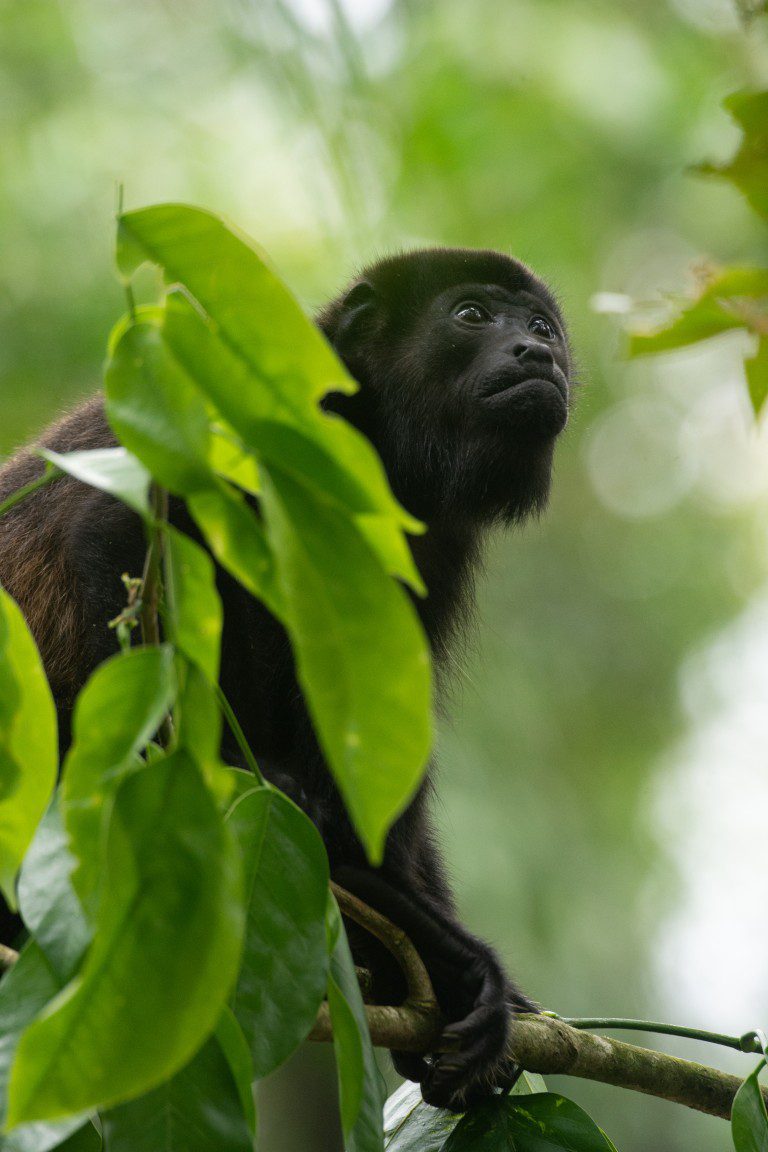
Our Impact on 2024
Every number tells a story of hope:
Each life saved, each person educated, and each release back into the wild reflects the heart of our mission.
How Your Donation Makes a Difference

Your support directly impacts the health and well-being of rescued rainforest animals—helping them heal, thrive, and return to the wild where they belong. Every donation creates a brighter, healthier future for wildlife and our planet.
At the Toucan Rescue Ranch, your generosity powers every part of our mission:
- Premier Wildlife Medicine
Providing expert veterinary care and rehabilitation for injured and orphaned animals. - Environmental Education
Inspiring communities and visitors to protect biodiversity and live sustainably. - Conservation & Preservation
Protecting Costa Rica’s extraordinary ecosystems for generations to come.
Every dollar you give helps ensure wild animals can return to the rainforest—and stay there.
*The Toucan Rescue Ranch is a licensed wildlife rescue facility based in Costa Rica, officially recognized with the Costa Rica Foundation Identification Number 3006677018. We are also a U.S. 501(c)(3) non-profit organization with the EIN 80-0516453, ensuring that donations are tax-deductible. This dual recognition underscores our commitment to wildlife rescue and conservation on an international scale.
Ways You Can Get Involved

Join our Volunteer Program
Make a hands-on impact in wildlife conservation! As a volunteer, you’ll help care for rescued animals, maintain habitats, and support education and enrichment programs — all while contributing to the rehabilitation and protection of Costa Rica’s incredible biodiversity.

Do an Educational Walk
Embark on an unforgettable journey into the heart of Costa Rica’s wildlife with our Guided Educational Walks!
Connect with rescued animals, learn about conservation efforts, and support our mission to rehabilitate and release wildlife.
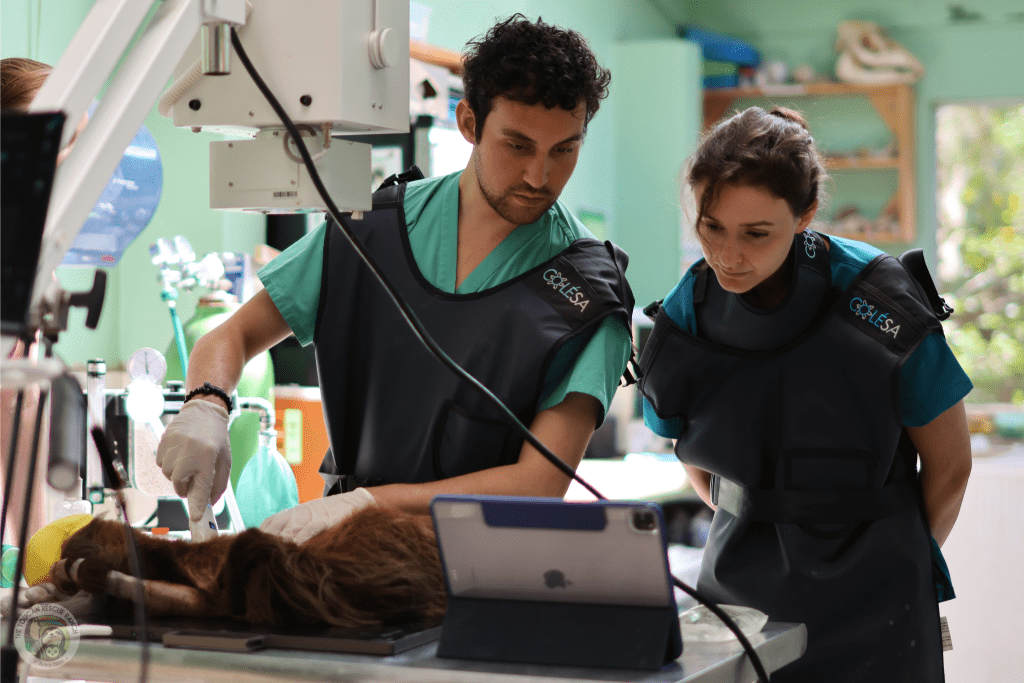
Join our Internship Program
Experience wildlife conservation firsthand with TRR! Interns support animal care, research, education, and release programs while gaining real-world skills in rescue and rehabilitation. Make a lasting impact on Costa Rica’s incredible wildlife and ecosystems.
Proudly Awarded





Voices of Our Community

Very informative. It is not a large place so not much walking. We spent two hours there with our guide explaining how the animals come to be rescued and why some stay and some are repatriated to the wild.
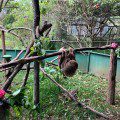
Intimate and Informative
The diurnal and nocturnal tours are very informative and entertaining. I went with my family and they enjoyed greatly. The animals are adorable and the enviroment of the property is very relaxing and beautiful.
Opinion about diurnal and nocturnal tours
Wonderful place to visit. Got to see the animals up close and hear about how they had been rescued and rehabilitated. The the tour guide – a biological scientist was very knowledgeable.

Wonderful place for an introduction to Costa Rica and its wildlife.
Upcoming Events
Read Our Blog
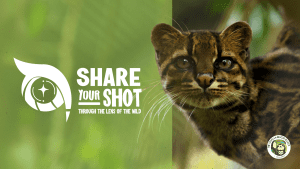
#TRRShareYourShot 2025 is Here!
Welcome Back to Our 4th Annual Photography Contest: #TRRShareYourShot 2025! We’re excited to announce the 4th Annual #TRRShareYourShot Wildlife Photography Contest! Whether you’re a professional wildlife photographer or simply love

Donate Through Our Amazon & Cuddly Wish Lists!
Donate Through Our Amazon & CUDDLY Wish Lists! Whether you’re passionate about helping orphaned sloths, rehabilitating injured toucans, or supporting our hardworking veterinary team, your contributions directly impact our wildlife
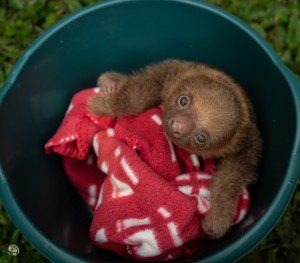
We Teamed Up with Explore.org to Bring Live Streaming at Toucan Rescue Ranch
We now have three streaming cameras: Toucan Rescue Ranch has teamed up with Explore.org Play Play Play What to expect on Sloth TV with explore.org? Snuggle up and relax with
Pages
- Donor Dashboard
- Mailing List
- Symbolic Adoption
- Corporate Sponsor
- Social Responsibility
- Conservation Partner
- PR & Filming
- Overnight Ranch Experiences
- Classroom Field Trips
- Virtual Tours
- Private Tours
- Onsite Tours
- Internships
- News
- Tours
- Get Involved
- Donate
- Programs
- Donor Dashboard
- Donation Failed
- Donation Confirmation
- Checkout
- Cart
- Home
- Fundraising
- Blog
- Blog Alternative
- Newsletter Popups
- Donation Tiers
- FAQ
- Our Team
- Volunteer
- Contact
- About Us
- Donation Form
- Typography
- My account
- Shop
- Privacy Policy
- Wishlist Page
- Donor Dashboard
Categories
- Wildlife Wonders
- Wildlife Catalog
- Wildlife
- Volunteer/Intern Program
- Uncategorized
- Tunes for Toucans
- TRR and TSI
- Tours
- Sloth Journals
- Sloth Ironman Games
- Service Program
- Saving Sloths Together
- Release Site
- Release Program
- Proyecto Anillos de Libertad
- Project Update
- Press Release
- Parrot Oasis
- New Members
- Missions
- Meet Ups
- Medical
- Live Streaming
- Kidz Korner
- Holiday
- Green Revolution
- Giving Tuesday
- Fundraiser
- Education Program
- Education
- Donate
- CUDDLY Campaign
- Costa Rica
- Corporate Sponsor
- Clinic Update
- Call for Artists
- Blog
- Adoption Program
- About
- #TRRShareYourShot Photography Contest


